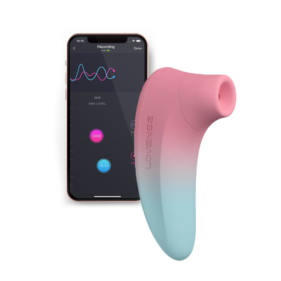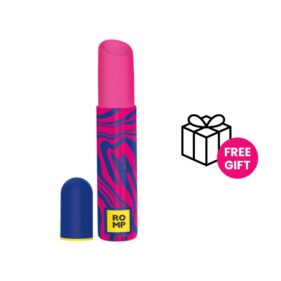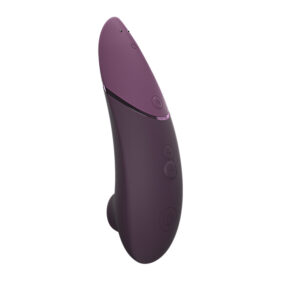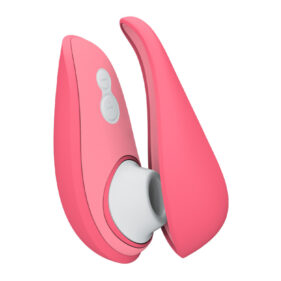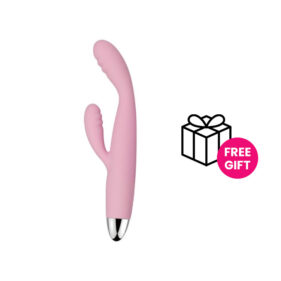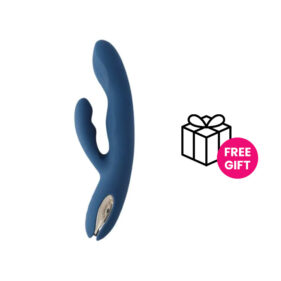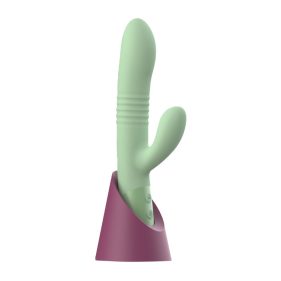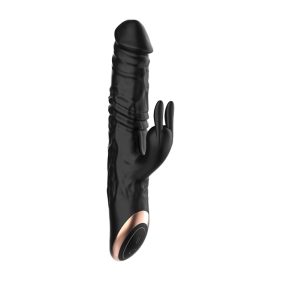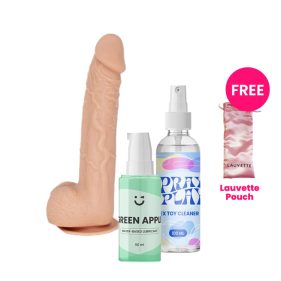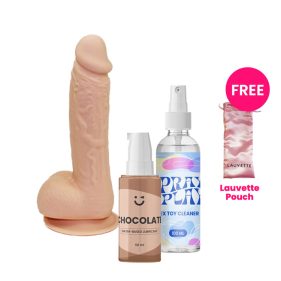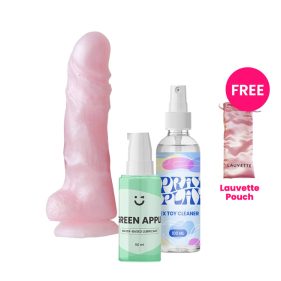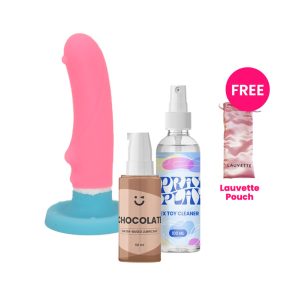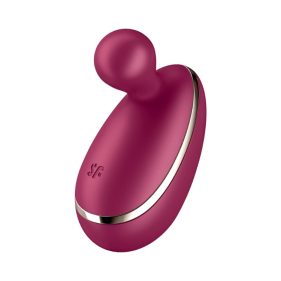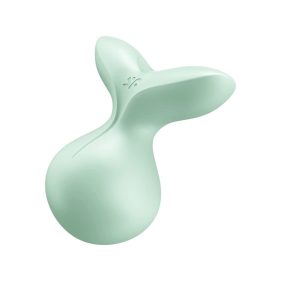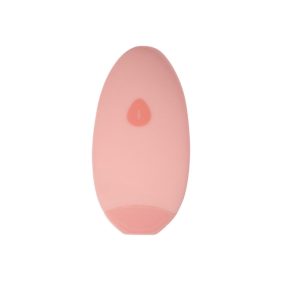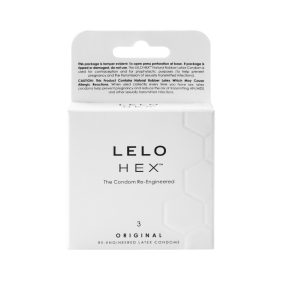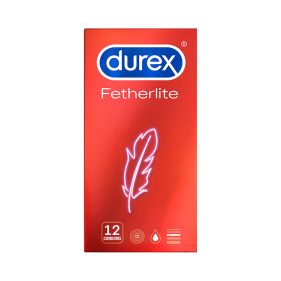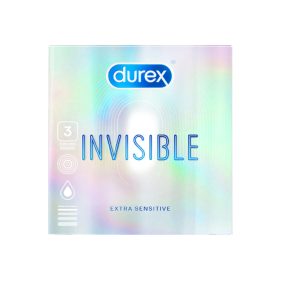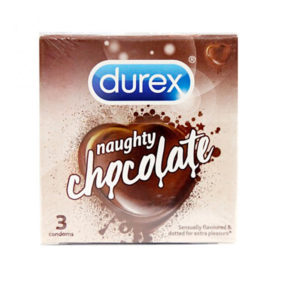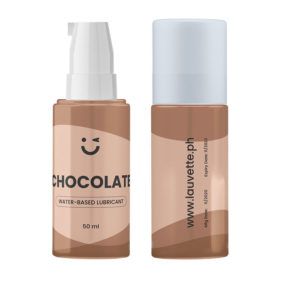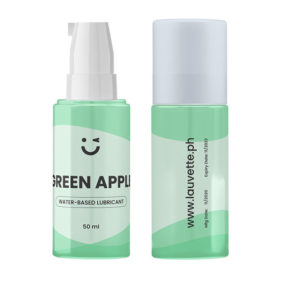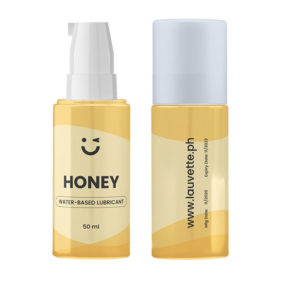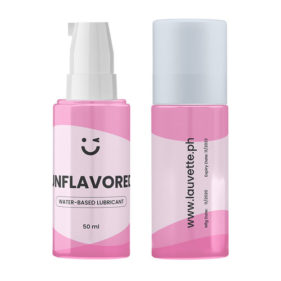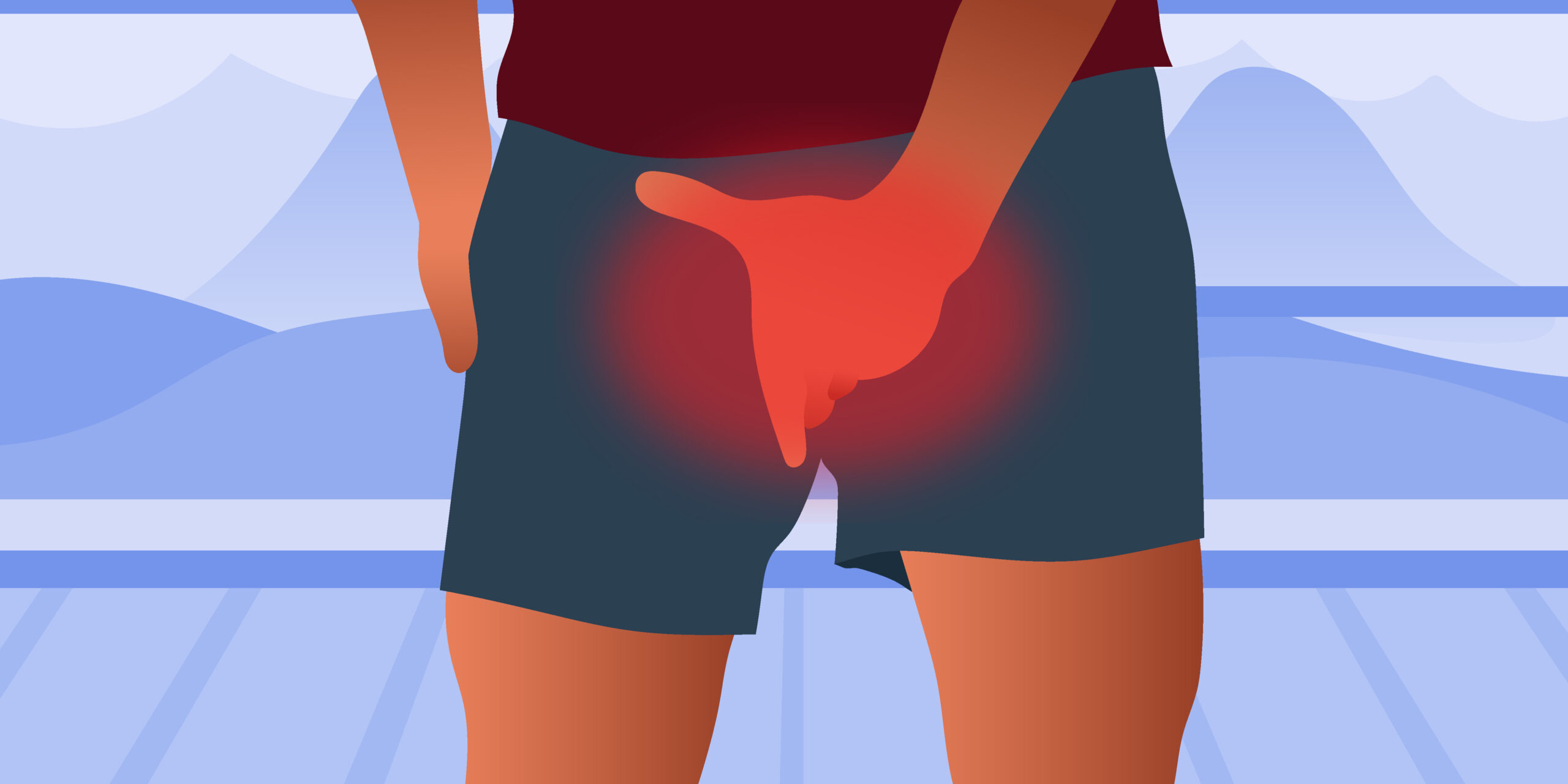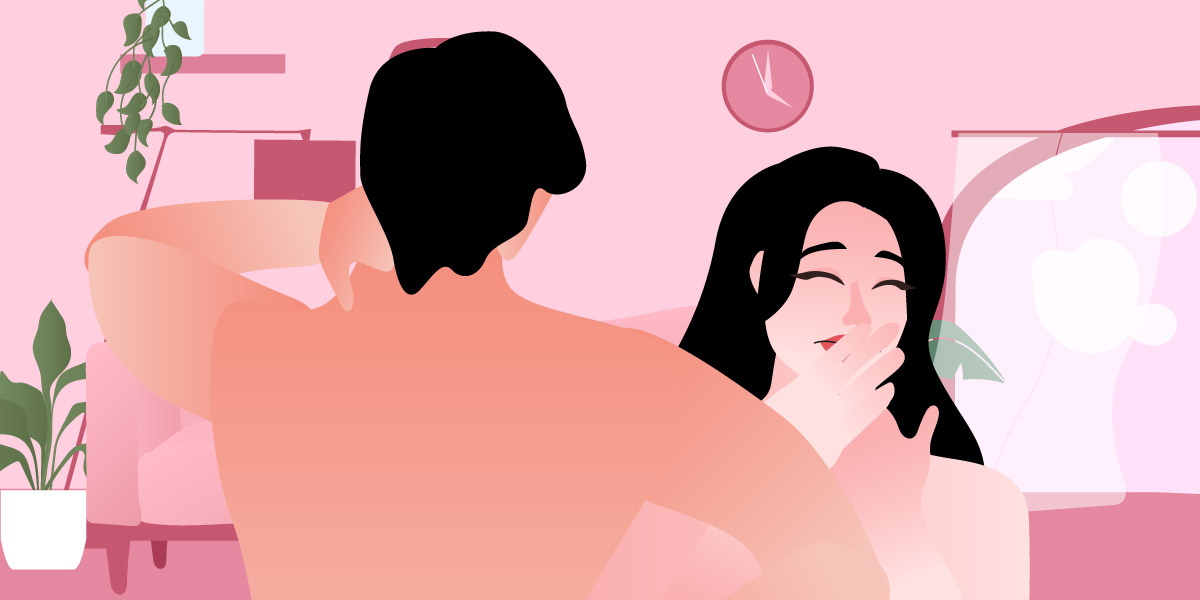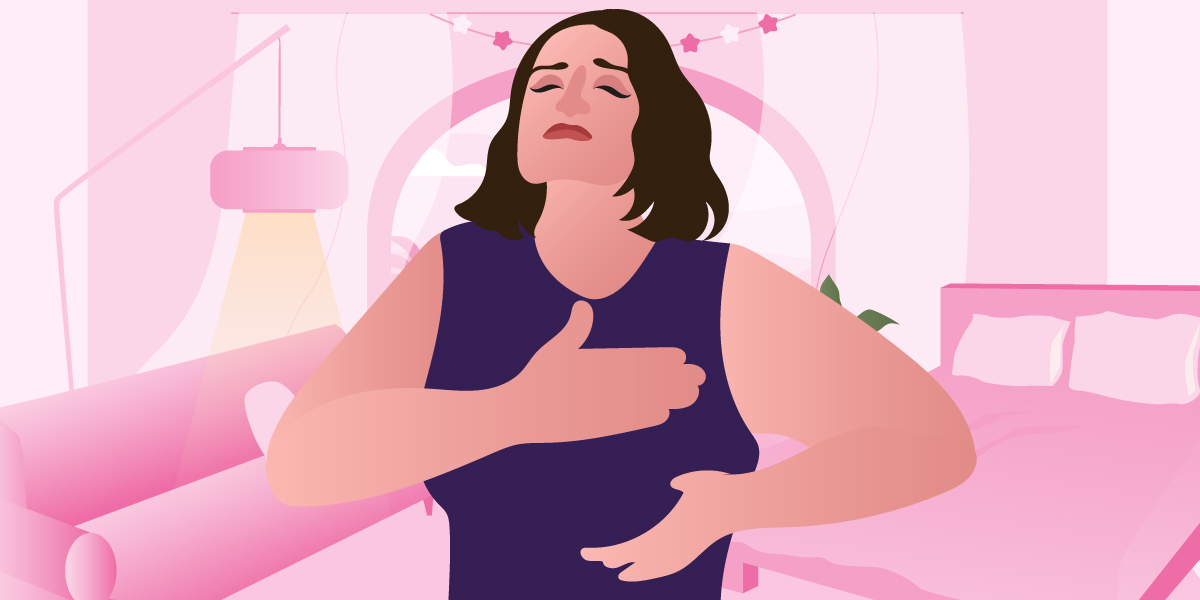
Disclaimer: This guide about Sore Nipples and its various causes and solutions is meant to be a source of valuable information for the reader. However, it is not a substitute for direct expert assistance. Seek help from a medical professional if you’re looking for personalized advice.
Nobody likes feeling discomfort and soreness in the nipples. Whether it be sudden or prolonged, it can impact your usual day-to-day life. Male or female, anyone can experience it for all sorts of reasons. But lucky us, there are solutions to decreasing and fully being free from the pain.
In this guide, we’ll explore the potential causes of such soreness in those erogenous zones and the numerous ways to treat them.
Potential Causes of Sore Nipples
Browse through this section to unravel the possible reasons behind experiencing sore nipples.
1 Menstrual Period
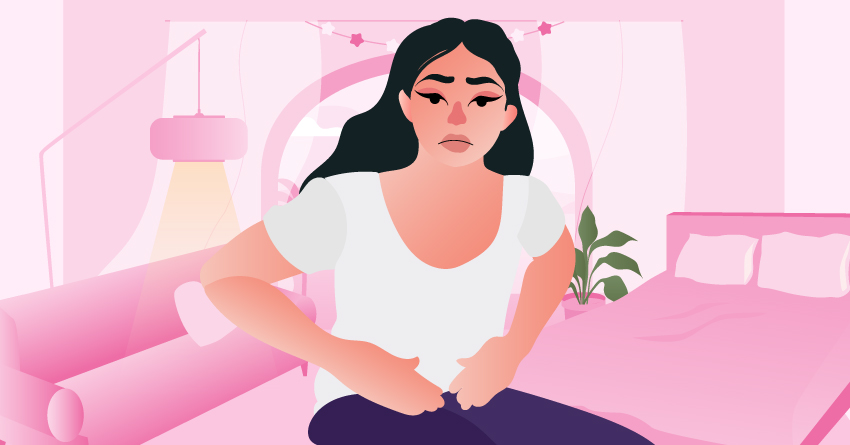
One of the earliest symptoms signifying the arrival of your period is experiencing soreness in your breasts and nipples. It’ll continue to feel that way for the entire duration, often making your clothes feel tighter or your movements slower.
Especially when your breasts and nipples are found on your upper body, they affect your body movements since they feel heavier. Your hormones are involved during this time, wherein Medical News Today highlights the “increases in estrogen and progesterone levels draw more liquid to the breasts and cause them to feel swollen.”
Moreover, this also makes the nipples sensitive. Hence, those are no-go zones to touch or even flick unless you want a negative reaction.
2 Breastfeeding
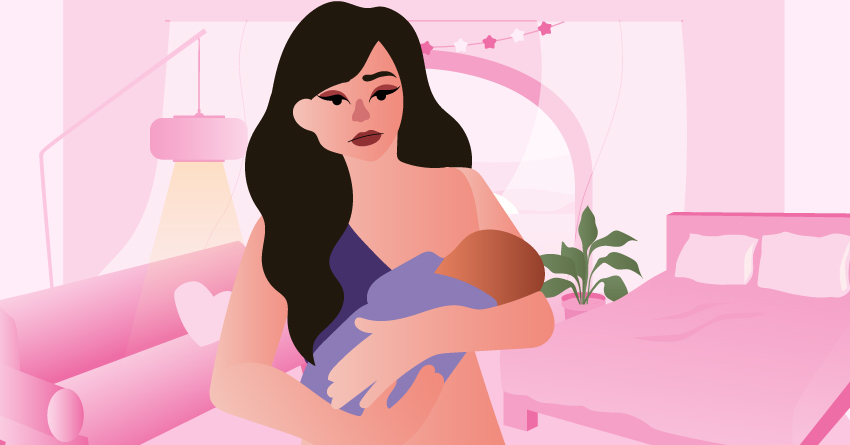
Getting sore nipples during breastfeeding is quite normal, given that your baby is latching on to either of your breasts for sustenance. It’s a trial and error time, especially in the beginning when you try to find your flow with your baby.
Hence, the goal here is for the baby to have a good latch within the first few minutes. Cleveland Clinic highlights that a good latch “involves your baby accepting your entire nipple and areola in their mouth.” They should also be able to feel the nipple at the back of their throat As a result, everything feels smooth and comfortable.
On the other hand, a not-so-good latch is when the nipple is against their gums and hard palate. This can make the process painful, causing a shooting pinch, making it crack and/or bleed. Even more so when the baby develops teeth.
In line with breastfeeding, using a breast pump can cause sore nipples. Whether it be due to over-suction or using the wrong-sized nipple shield, it’s important to adjust the settings to your comfort and find the proper-sized nipple shield.
-
₱7,530.00
-
₱3,400.00
-
₱12,600.00
-
₱5,700.00
3 Pregnancy
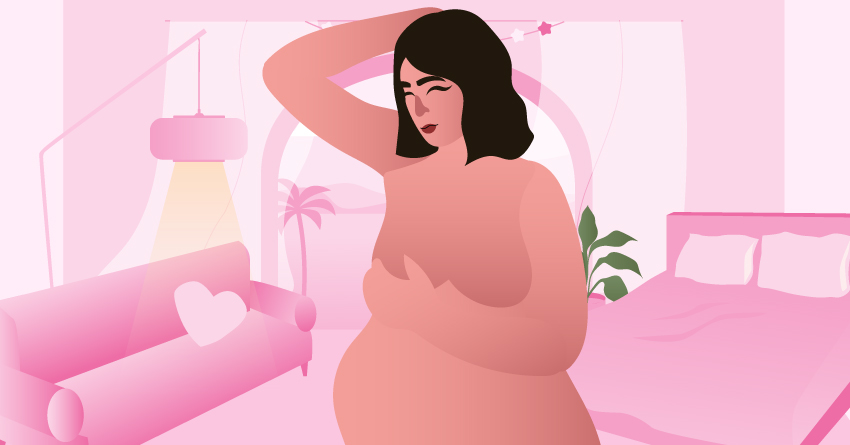
Pregnancy brings in a lot of hormonal changes just like your menstrual cycle, except this time you’re bringing a child into the world. Breast and nipple soreness due to swelling are known symptoms of pregnancy. Moreover, the latter body part can darken, enlarge, and even leak fluid or discharge (colostrum) as you get closer to your due date.
4 Too Much Sexual Stimulation
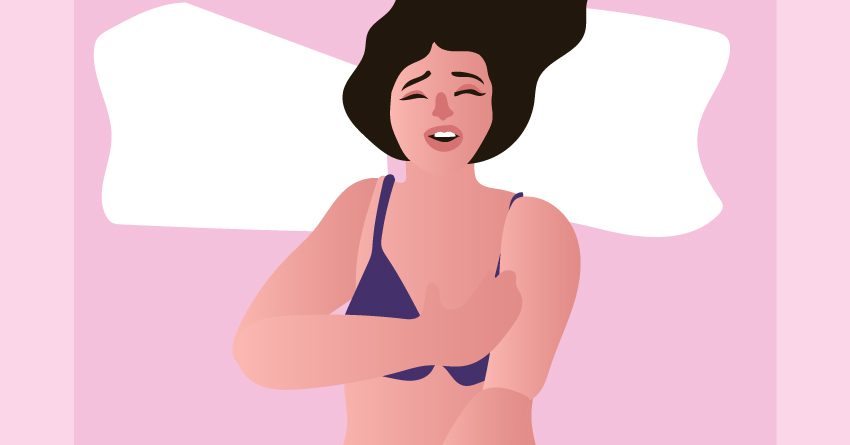
When you take your nipple pleasure too intensely, it can make your nipples sore and oversensitive to touch. For example, you put your clit sucker there and on maximum speed level. You let it edge you, and while it was good for a moment, it may bring some unnecessary sensitivity.
This can also occur when your boo is sucking your nipples vigorously. Even if you enjoy it in the moment, the aftermath may be a whole different story when your nipples feel too tender.
-
₱3,995.00
-
₱4,599.00
-
₱2,945.00
5 Ill-Fitting Clothes
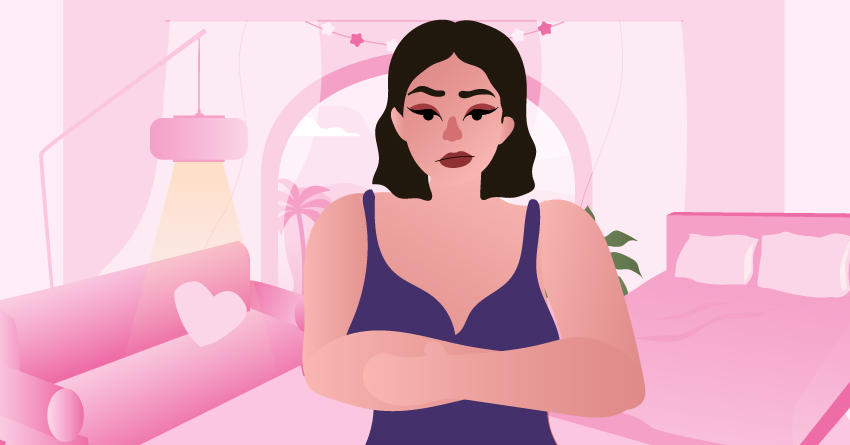 Clothes that are too tight or loose on you cause chafing and friction, irritating the skin when rubbed consistently. For men, wearing rough cotton shirts can cause sore nipples. As for women, wearing tight bras or bras made of uncomfortable fabric can make your nipples feel sore.
Clothes that are too tight or loose on you cause chafing and friction, irritating the skin when rubbed consistently. For men, wearing rough cotton shirts can cause sore nipples. As for women, wearing tight bras or bras made of uncomfortable fabric can make your nipples feel sore.
On top of that, engaging in physical activities like brisk walking or running while wearing such clothes can make your nipples dry and sensitive. It can even bleed. That’s because sweat interacts with dead skin cells, oil, and dirt, which can clog your pores. In turn, it irritates the skin, even more so around the nipples when your bra is tight. Moreover, it may potentially lead to jogger’s nipple.
6 Infections
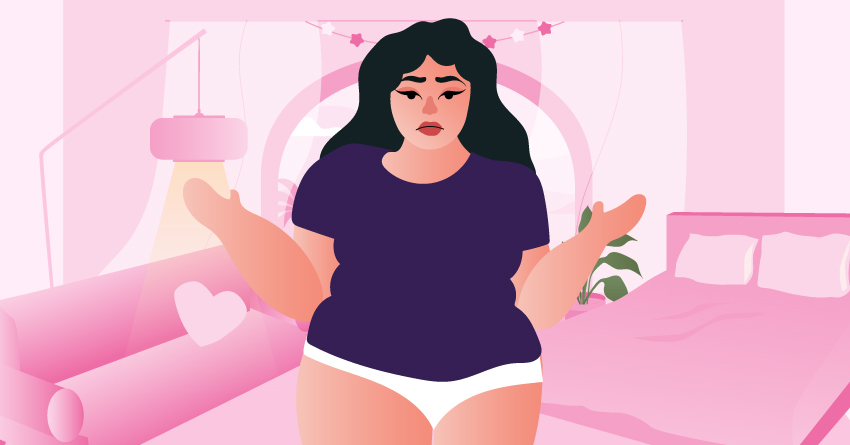
When there’s cracked skin around your nipple due to the soreness, you become prone to various infections. According to WebMD, those include:
- Thrush: This yeast infection leaves cracks around the nipples, stabbing pain, and reddish shade around your breast. It can also be passed on to the baby on their cheeks, mouth, and throat. You may give the infection to them or they may give it to you.
- Mastitis: This infection targets the milk ducts, clogging the milk and making bacteria grow and spread inside those ducts.
7 Allergic Reactions
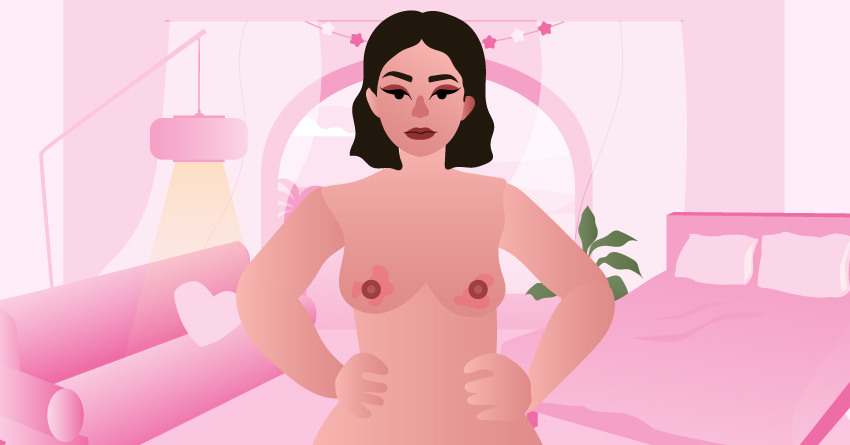
Any negative reactions to skin irritants like detergents, perfumes, and other household items can lead to allergic reactions. It may manifest through itchiness, redness, flaky skin, and pain. And if the affected area is the nipples, then they can become sore.
Such reactions can lead to skin conditions like contact dermatitis (irritant and skin contact) and atopic dermatitis or eczema (involves your allergies within your immune system).
8 Cancer
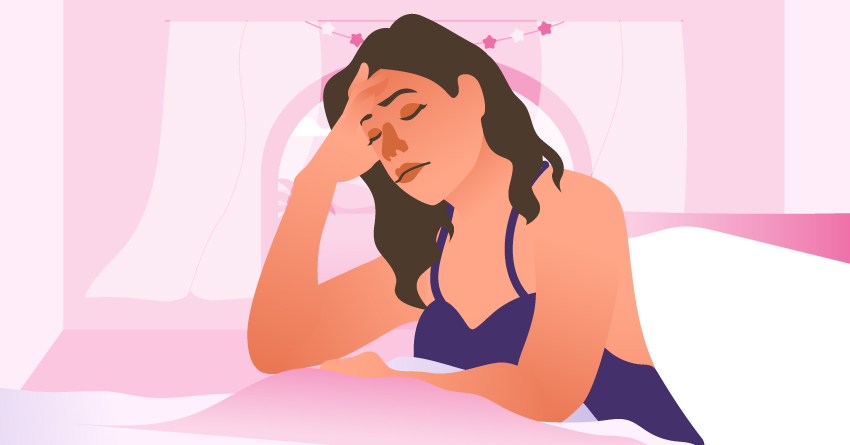
This potential cause would be the worst-case scenario for someone experiencing sore nipples. Paget’s Disease of the Breast is one example, wherein the nipple pain is evident towards the breast that’s filled with tumors. Breast cancer is another example, sharing similar nipple-related symptoms as the former. Aside from nipple soreness, the nipple may look inverted, feel tingly, and release yellowish discharge.
Breastfeeding-Related Solutions to Alleviating Sore Nipples
If you’re a mom who’s currently breastfeeding, this section is for you. That way, you can either prevent or heal your nipples from getting sore.
1 Learn more about good nursing habits and techniques.
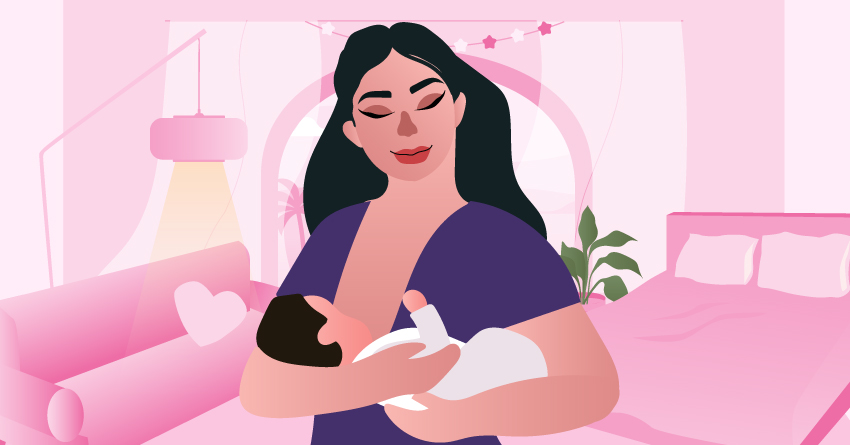
Knowledge is power! Before or when you have your baby, seeking help about how to nurse successfully can reduce any mistakes beforehand and make things run smoothly. You also get to bond with your baby a lot quicker and naturally, feeling more confident each passing day. Moreover, there’s less anxiety and worry about getting things wrong or making any common errors like poor latch and sore nipples.
Good nursing habits can include learning and understanding your baby’s cues, trying different nursing positions, learning how to burp your baby, and more. You can ask for guidance with a lactation consultant or your doctor.
-
₱1,894.00
-
₱1,694.00
-
₱1,894.00
-
₱1,844.00
2 Invest in nursing-related clothing.
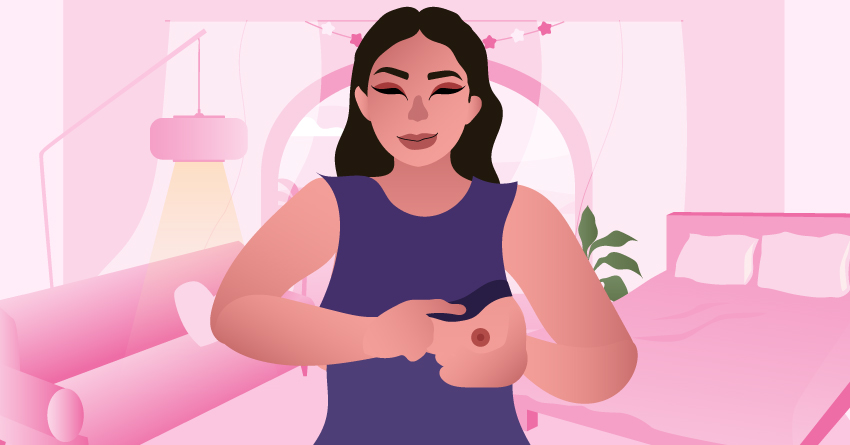
It’s important to find the right clothes for breastfeeding. That way, things feel at ease and convenient when your baby needs you. One example is purchasing the right size of nursing bras, which can prevent leaking, tightness, and sore nipples. There are also flowy and open V-neck tops that are made for those who are breastfeeding and easily accessible to the breast.
3 Change your nursing pads regularly.
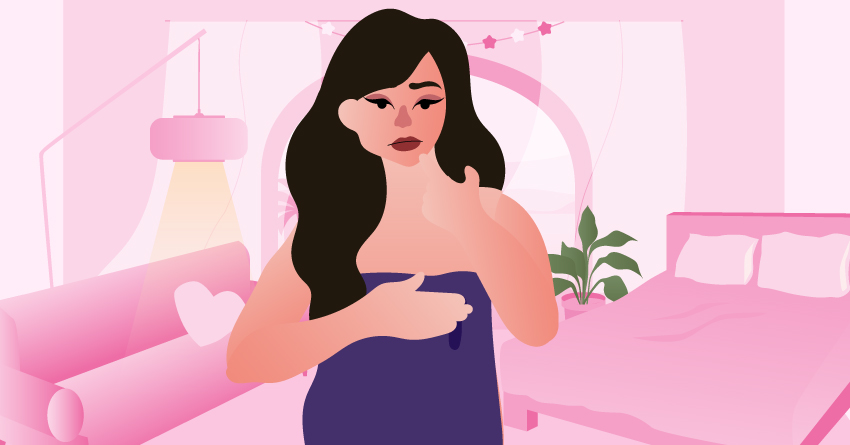
This tip prevents any moisture build-up, which may irritate and cause your nipples to feel sore. When those pads are wet, they can chafe and make your breastfeeding experience uncomfortable.
-
₱2,695.00
-
₱12,300.00
-
₱4,045.00
-
₱3,495.00
4 Dab breastmilk on your nipples.
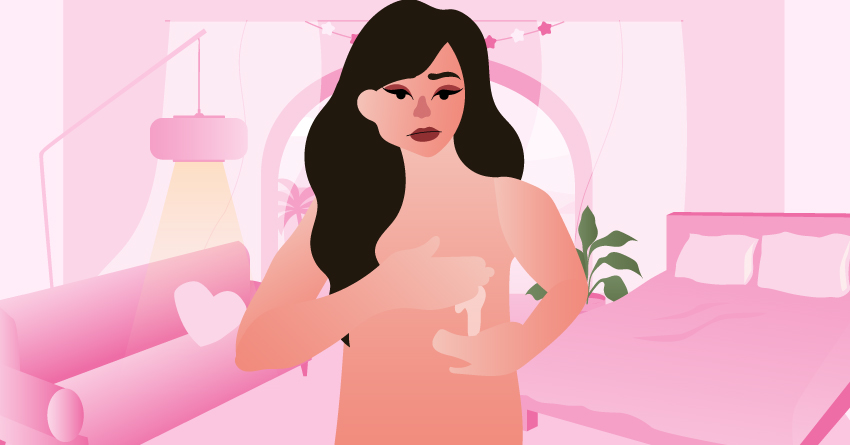
This tip is recommended before every breastfeeding session: Soften your nipples before having your baby latch on them. Breastmilk also has many antibacterial and moisturizing properties that prevent the mother from getting an infection, inflammation, or cracked skin. Overall, those nipples dabbed in breastmilk are nourished and more likely to heal quickly.
5 Air-dry your nipples.
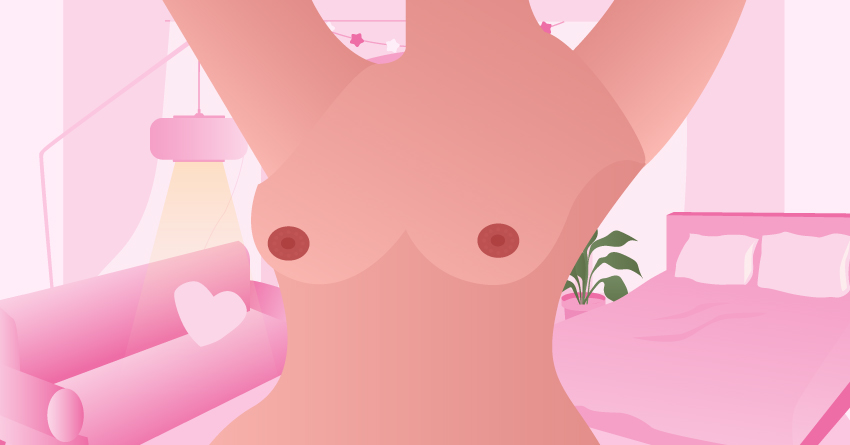
This tip lets your nipples breathe, promoting relief and faster recovery. It also allows the natural oils of your breast and the excess breast milk to work together to soothe the skin.
Lifestyle Solutions to Alleviating Sore Nipples
If you want to improve your day-to-day life free from potentially experiencing sore nipples, keep reading this section.
1 Wear the right size and material of clothing.
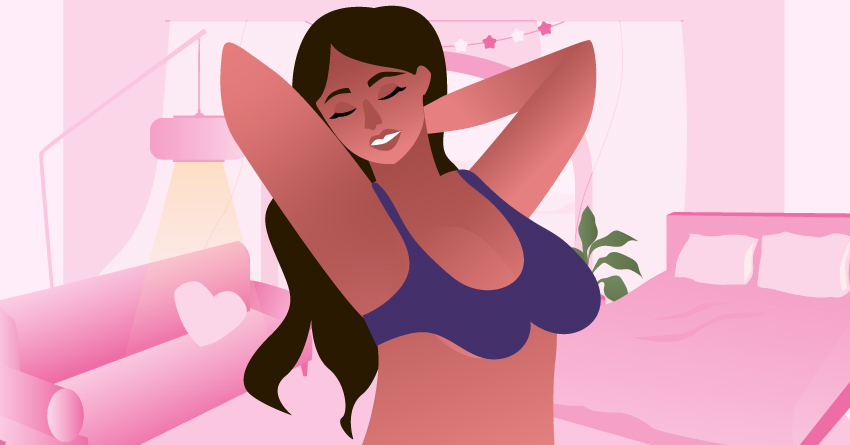
Tightness leads to chafing and friction, which can irritate the nipples. Hence, wearing tops and bras that fit just right is advisable. Adding some nipple tape is also helpful to avoid unnecessary rubbing.
Moreover, invest in cotton bras and tops as the fabric is breathable and hypoallergenic, which is good for the skin. Hence, you’re slimming your chances of getting sore nipples.
-
₱350.00
-
₱285.00
2 Place a cooling gel pack.
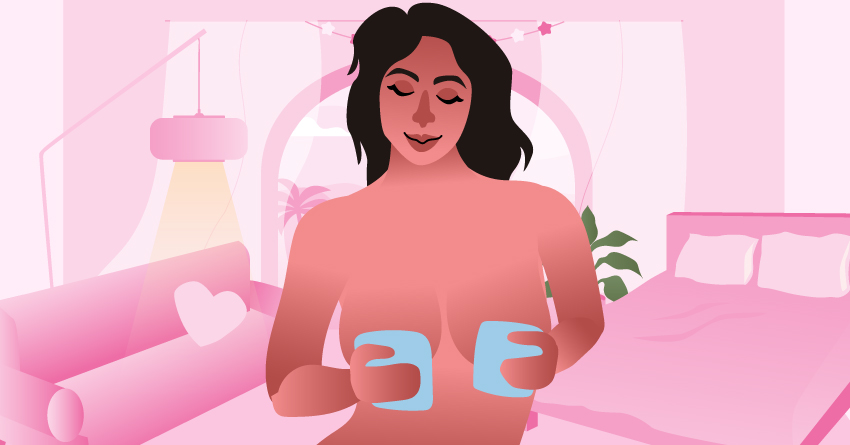
This tip helps soothe and numb the nipples from irritation post-breastfeeding, which can occur frequently. It also improves blood circulation, promoting immediate healing and relief. Ensure that you wrap the cooling gel pack with a soft, cotton cloth to avoid direct contact with the skin, which can add discomfort.
3 Clean your breasts and nipples properly.
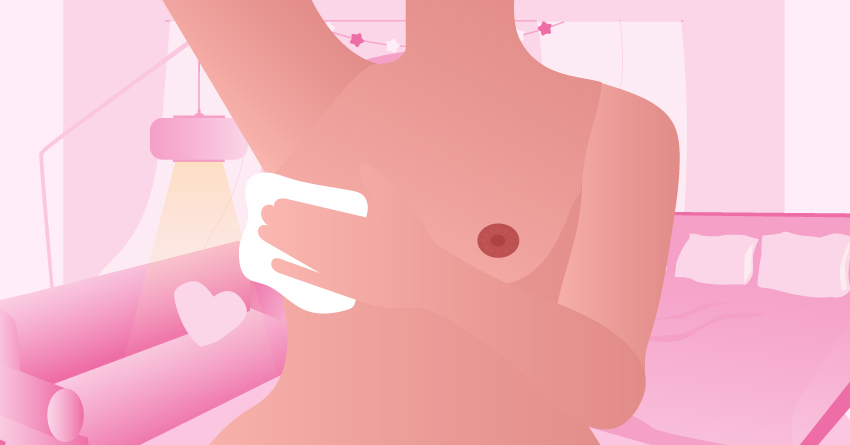 The breasts and nipples are delicate areas that one should take care of to avoid infection and illnesses. Thus, cleaning them correctly reduces any bacteria and irritation. The ideal way to clean them is by using mild soap and water and washing them from top to bottom. Avoid using anything scented, as irritants may be included in its formula.
The breasts and nipples are delicate areas that one should take care of to avoid infection and illnesses. Thus, cleaning them correctly reduces any bacteria and irritation. The ideal way to clean them is by using mild soap and water and washing them from top to bottom. Avoid using anything scented, as irritants may be included in its formula.
4 Apply topical ointment.
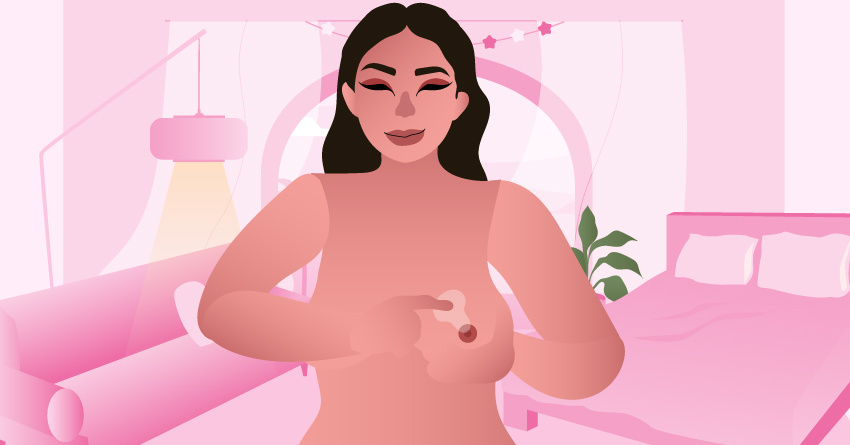
Putting on an over-the-counter topical ointment to sore nipples helps with any pain and inflammation. However, this tip is ideal for mild cases.
5 Consult your doctor.
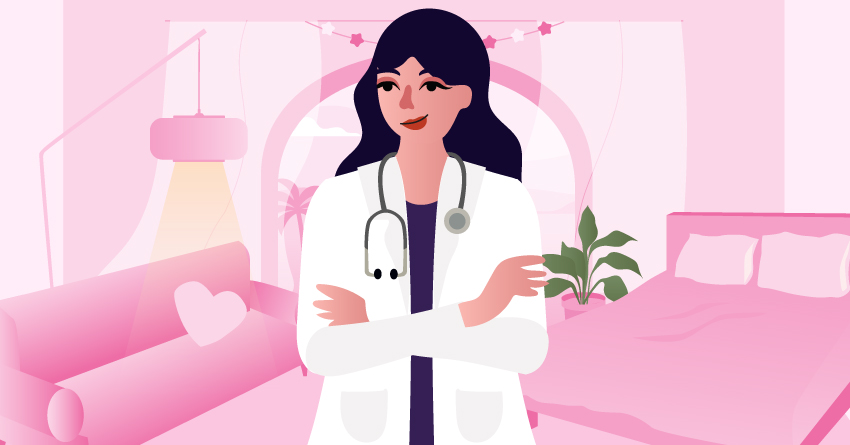
Seeing a doctor right away can provide immediate treatment and medical advice, especially if an infection or illness is causing the sore nipples. For infections like mastitis, antibiotics are needed. With thrush, taking anti-fungal medicine and possibly extra treatment for the baby if they’re affected are examples of quick, proper action.
For illnesses like cancer, you may need to undergo procedures such as surgery, radiation, and chemotherapy. It’s also possible to either remove the nipple or the entire breast tissue itself if the cancer is at a serious stage.
-
₱150.00
-
₱150.00
-
₱150.00
-
₱150.00
Takeaway
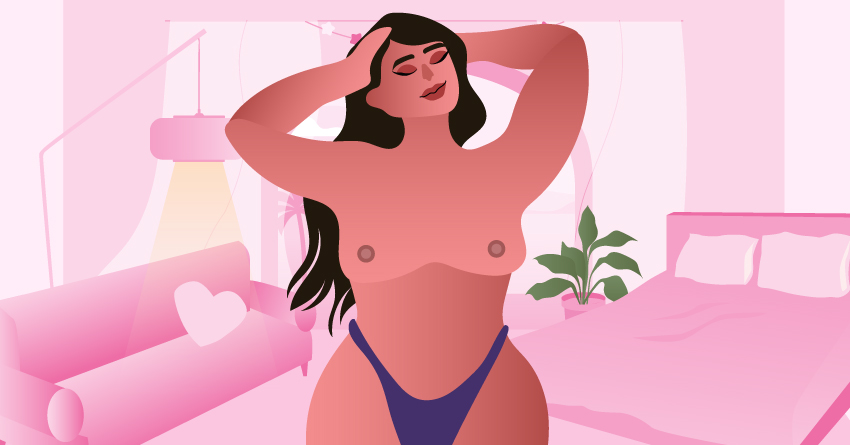
Sore nipples can occur for a number of reasons, ranging from mild to extreme. Overall, it’s important to take care of them by how you dress or make lifestyle changes. Because regardless of its degree or irritation, it’s one of those things that you don’t want to deal with for a lengthy amount of time. Then again, it’s always advisable to consult with a medical professional consistently to see how they’re doing and how you can improve how you care for them.
For more health guides such as this one, check us out over on the Lauvblog here.
